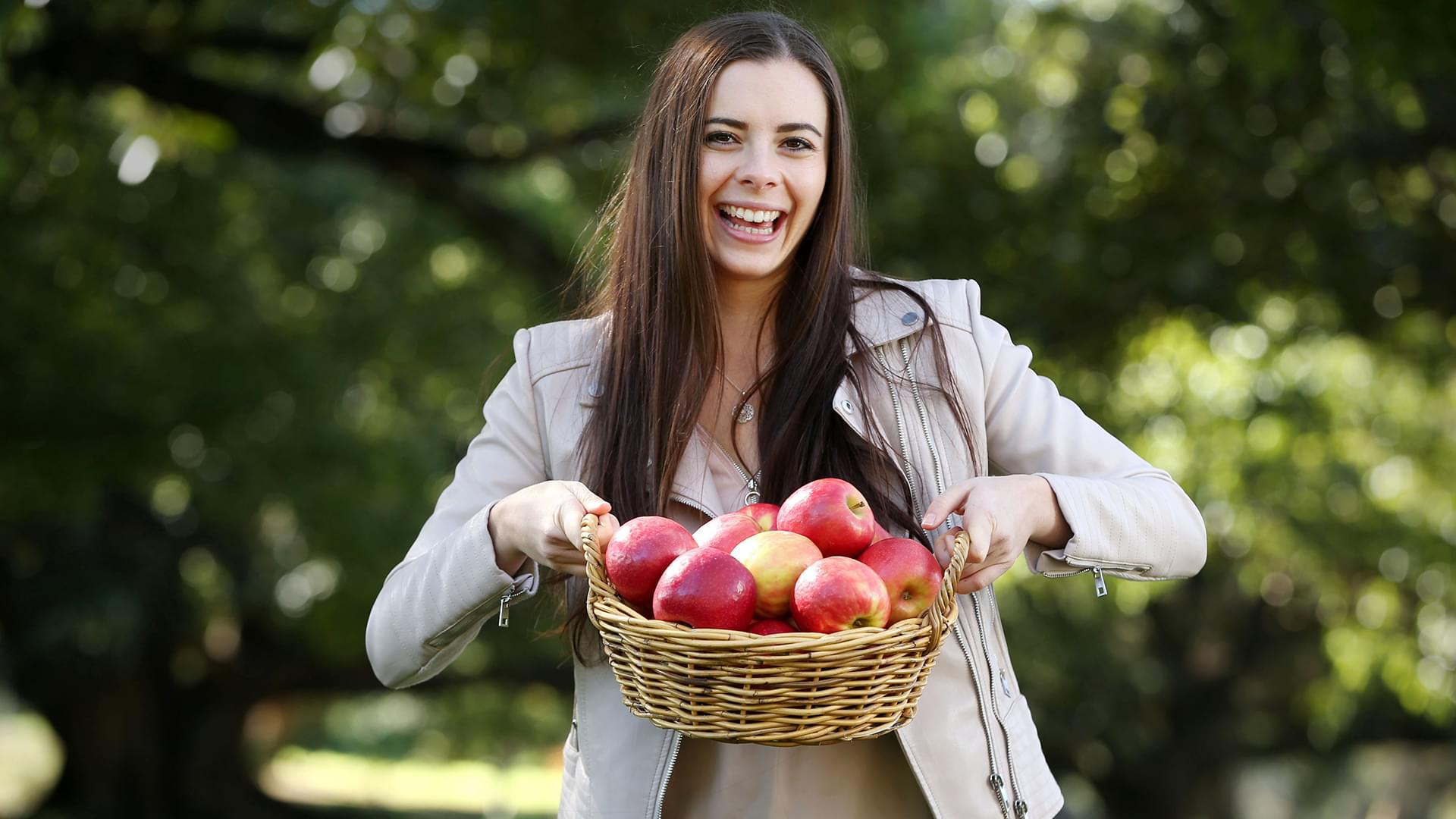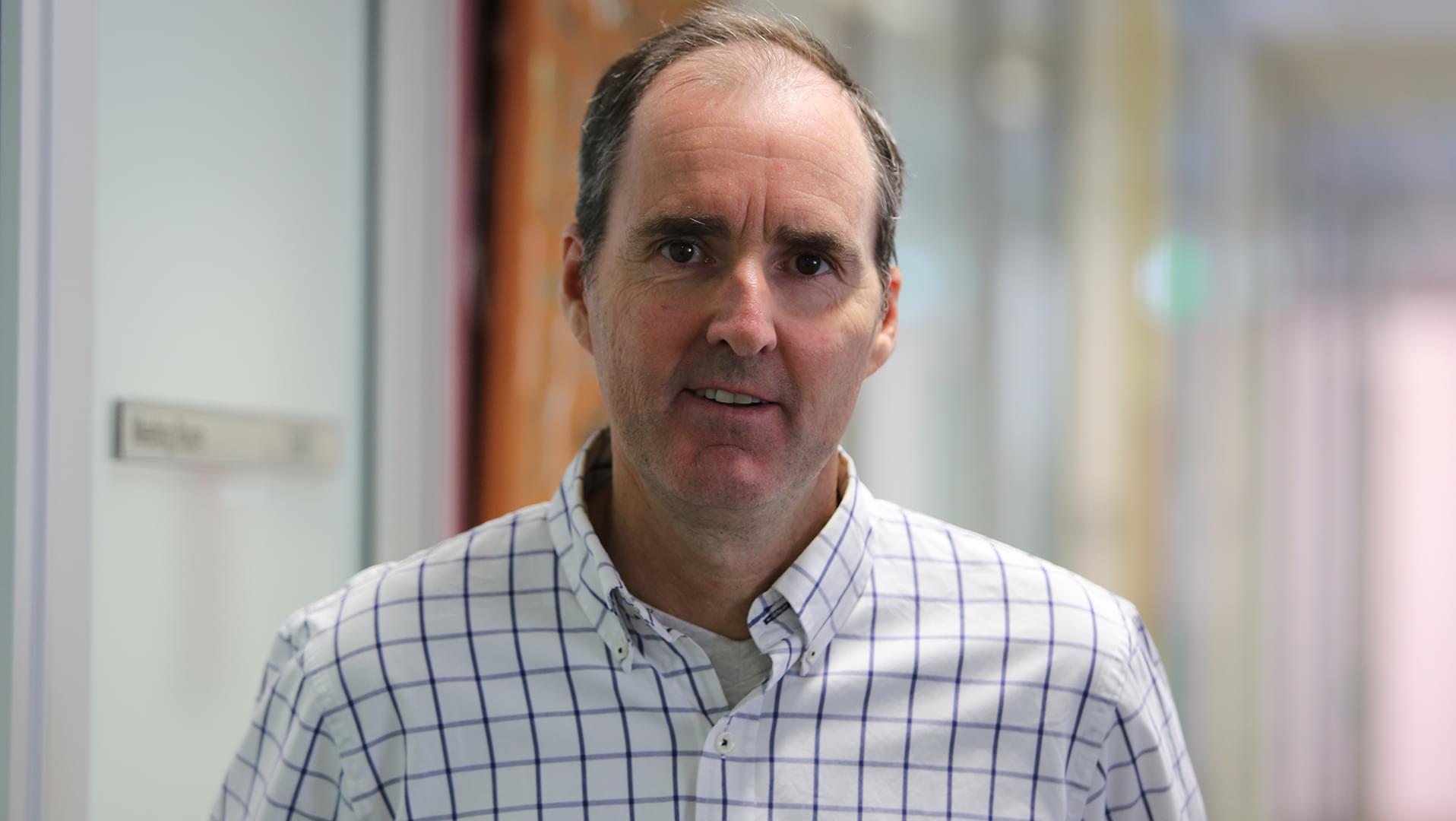For centuries, alchemists searched for an elusive substance that could extend our lives.
In the quest for more days on earth, they brewed ill-conceived concoctions with mercury, alcohol and gold.
Today, modern science is uncovering mounting evidence for a group of compounds with the potential to help ward off an early death.
They’re called flavonoids, and taking them doesn’t require expensive pills or drinks – in fact, they’re probably already in your fruit bowl.
An apple a day
At Edith Cowan University, nutrition researchers Dr Nicola Bondonno and Professor Jonathan Hodgson analysed the diets of more than 50,000 Danish people for 23 years.

They discovered those with a high flavonoid consumption were less likely to die from cancer or heart disease.
They were also less likely to die overall.
Professor Hodgson says the people who ate more flavonoids had a 15 to 20 per cent lower risk of death, compared to those who ate less.
He says the effect plateaued at a flavonoid consumption of about 500mg a day.
That's roughly the amount of flavonoids you would consume in a diet that included one or two cups of tea, two servings of fruit, such as an apple and 100g of blueberries.
"[This is] a big study that allowed us to also look at dose-response relationships, which haven't really been clear in previous studies,"he says.
"It's clear in this cohort that the relationship is not linear, that is, you don't need to just keep eating more and more flavonoids.
"Make sure you do eat your fruits and vegetables, and if you do that, you'll get your 500mg."
The protective effect was greatest for people with existing risk factors—those who smoked or drank heavily.
But Professor Hodgson is quick to stress that flavonoids are not a substitute for lifestyle changes.
"Smokers with the highest flavonoid intake still probably had about a three to four-fold higher risk of mortality compared to the non-smokers who had the lowest flavonoid on intake," he says.

"So it's not a reason to smoke and then just say you can protect yourself.
"It's more a mechanistic understanding of why these compounds are protective."
Plant's defence against stress
Flavonoids are found in all plant-based foods and beverages.
The biggest sources are fruit — particularly apples, citrus and berries — as well as vegetables, tea, red wine and dark chocolate.
They're compounds that plants produce as a defence mechanism against stress.
"This stress can include things such as UV radiation from the sun or invading pathogens from bugs that land on the plant.
"And so the hypothesis is that they can have a similar protective effect in humans and animals who eat these plants as foods."
But exactly how this protective effect works is unclear.
Dr Bondonno says about 6000 different flavonoid compounds have been identified, along with hundreds of potential actions on the body.
"Clinical trials looking at heart disease have shown that flavonoids can improve the health of blood vessels, decrease blood pressure and they can decrease chronic inflammation," she says.
"There's also been evidence from clinical trials that they can improve blood flow to the brain and improve cognitive function, so how well people perform in mental tests."
Flavonoids can also improve glucose metabolism, and have important implications for diabetes.
"There are many different pathways in the body that can be influenced," says Dr Bondonno.
"The main one though is effects on inflammation and oxidative stress."
Staying out of hospital
Professor Hodgson says flavonoids were originally thought to be acting as antioxidants.
"They're very potent antioxidants in the test tube," he says.
"But research performed over the last 15 or 20 years shows that they don't act as systemic antioxidants in the body.
"So they have a number of other actions which potentially contribute to their health effects.
"In particular, there's consistent evidence that they improve the health and functioning of the arteries."
To find out more, Dr Bondonno has taken the Danish study even further.
She examined hospital admissions for heart disease over the 23-year study period.
Dr Bondonno tracked whether the study participants were admitted for stroke, ischemic heart disease — which causes heart attacks and angina — or peripheral artery disease — a build-up of fat in the arteries of the arms and legs.
People with a high flavonoid intake were less likely to be hospitalised for all three types of heart disease.
But the biggest effect was seen for peripheral artery disease.
The research has been enough to make Dr Bondonno think about her own diet.
"I definitely try to eat more fruit," she says..
"I also am happy to have dark chocolate and red wine rather than seeing them as bad things.
"And tea — I try to have a cup of tea a day."
